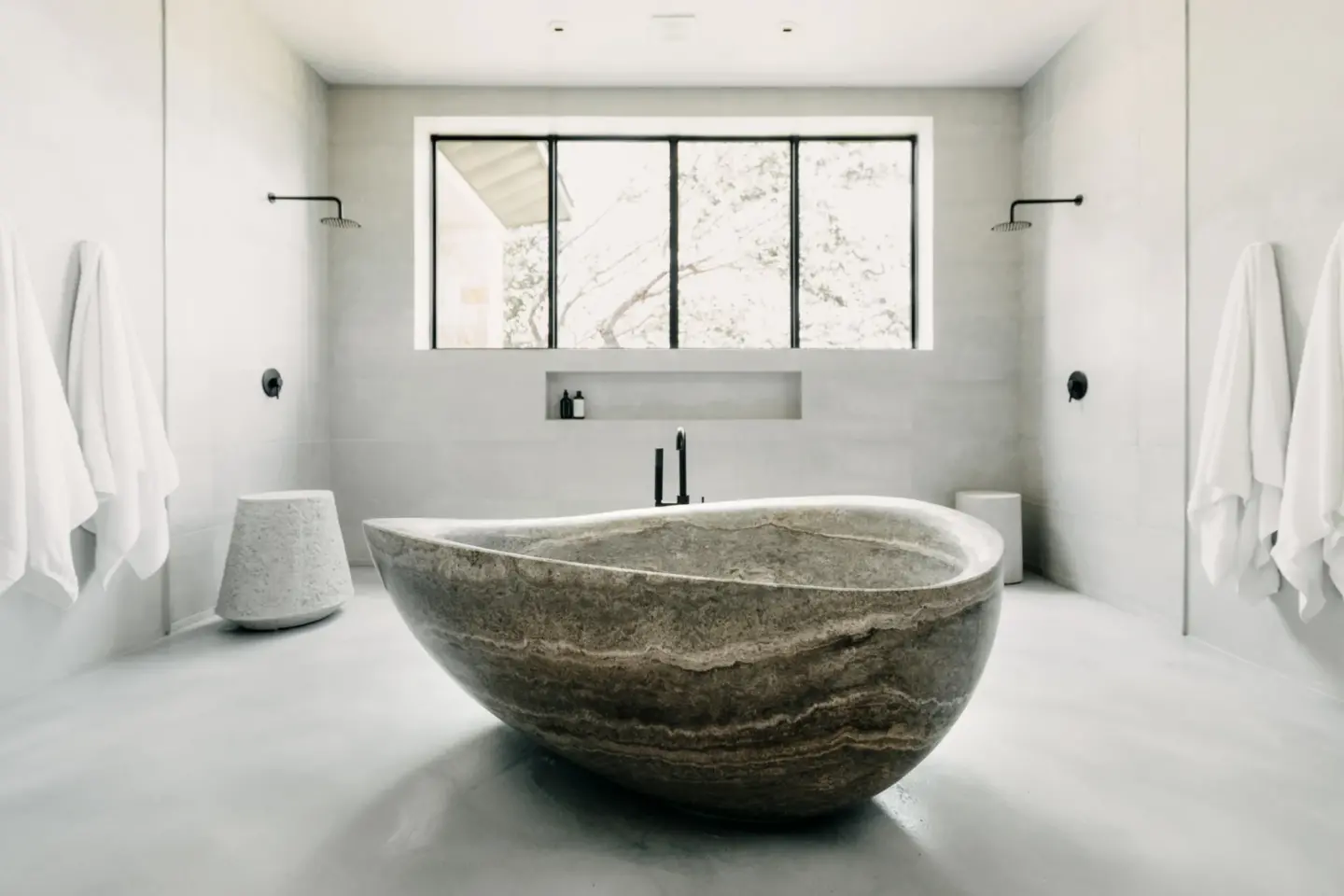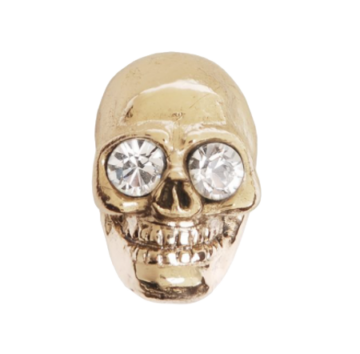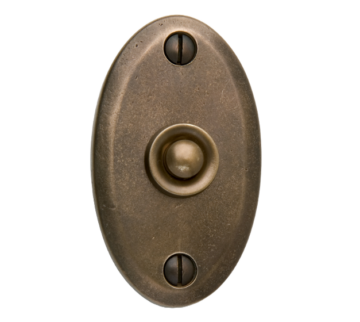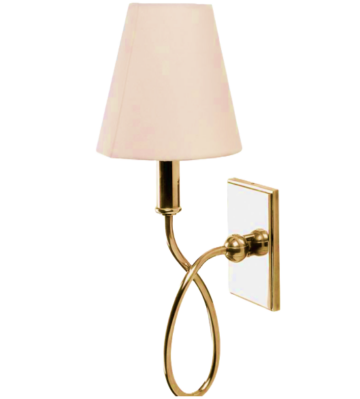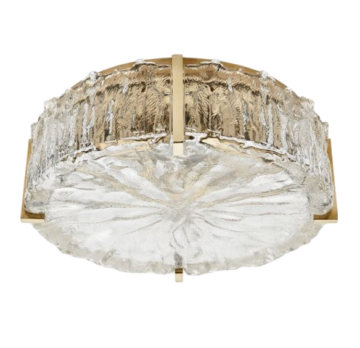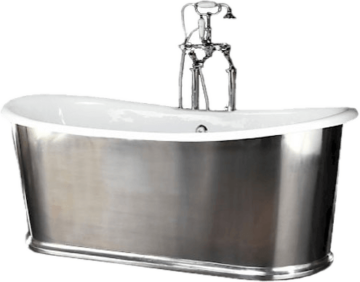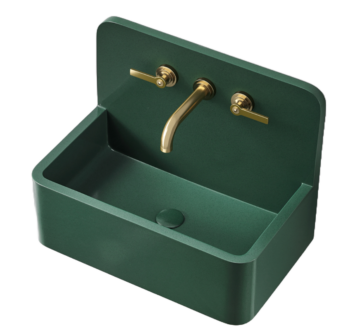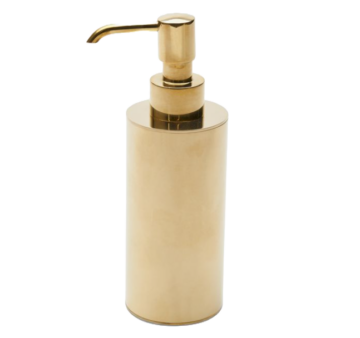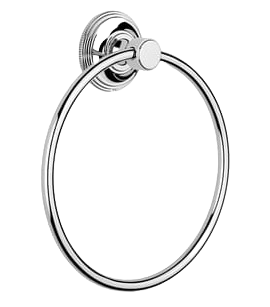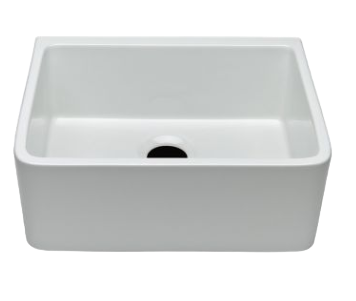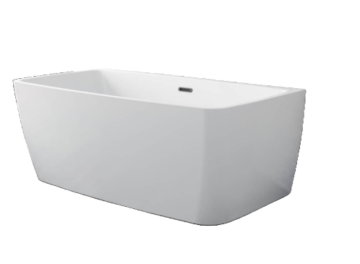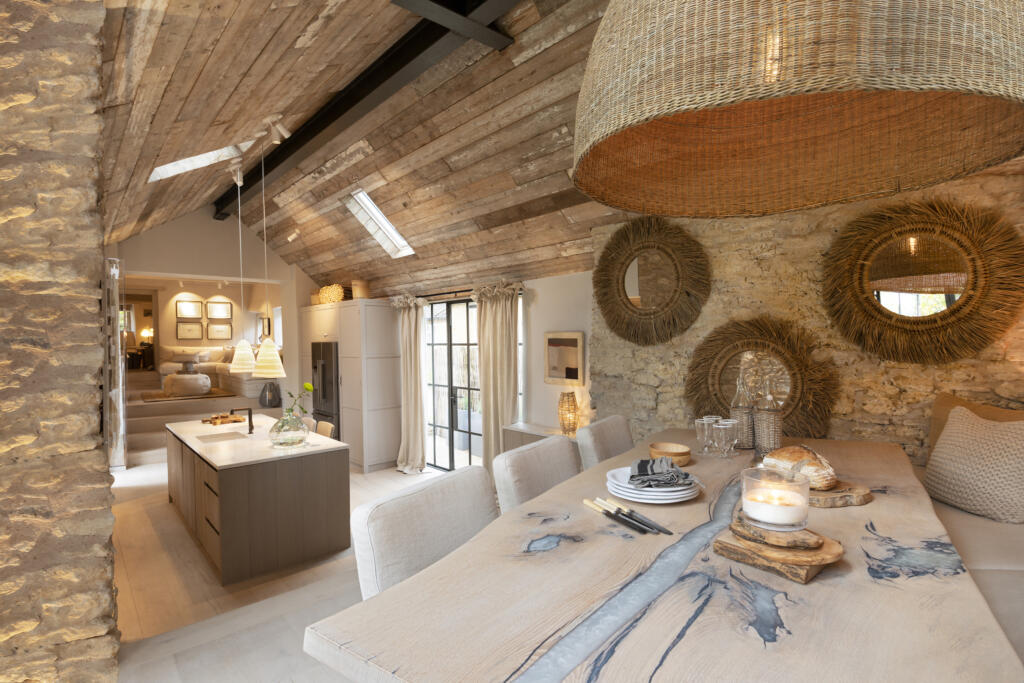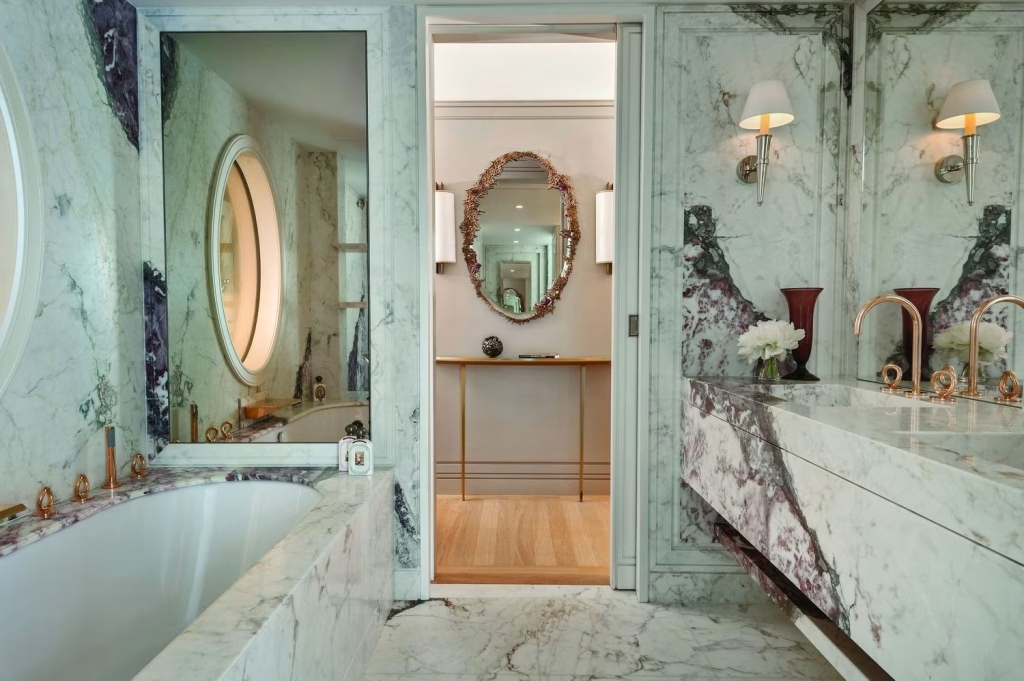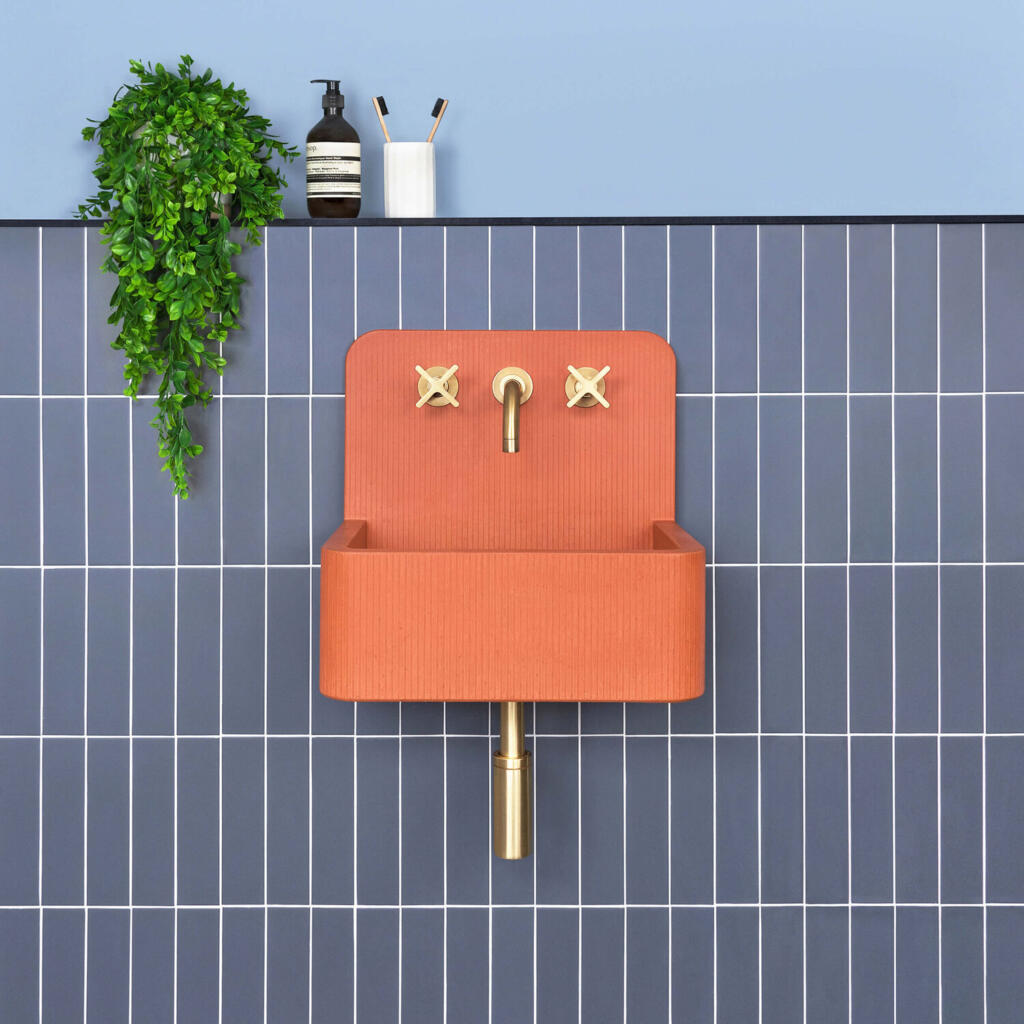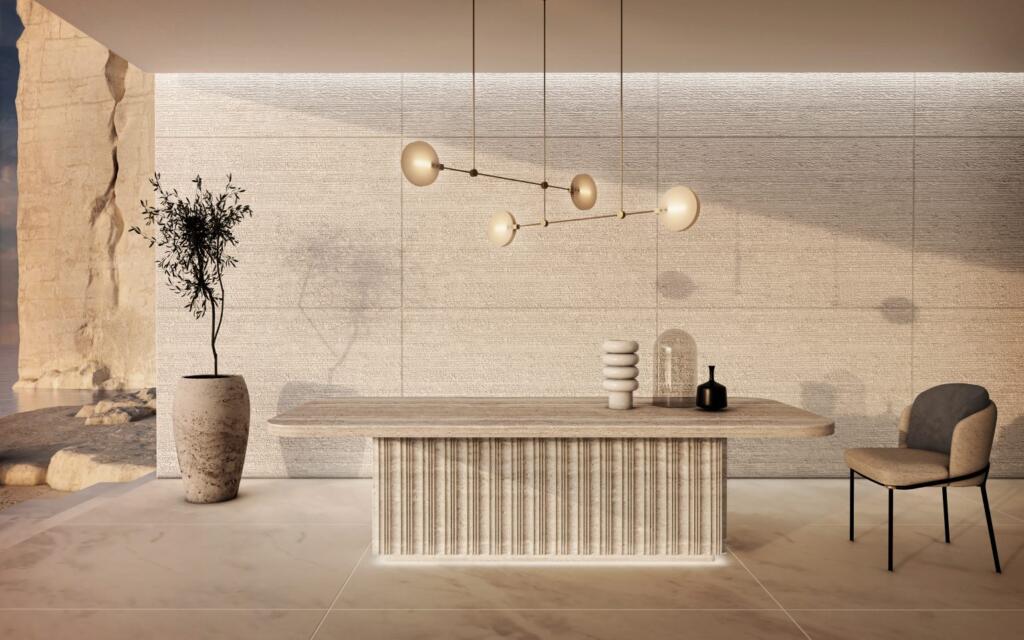
Italian marble company Davani made a splash with its 2020 debut collection “Purity.”
Stone has been one of the building blocks of life on Earth since the dawn of humanity. While our early human ancestors sheltered in caves and fashioned tools and weapons by chipping rocks together, ancient civilizations began using it as a building material — for anything from the engraved stone monoliths of the so-called “world’s oldest temple” in Turkey (c. 10,000 BC) to the Pyramid of Djoser in Egypt (c. 2,650 BC). Fast-forward a few thousand years and Roman architect and engineer Vitruvius was shaking things up as an ancient influencer in the realm of natural stone. Importantly, his groundbreaking proposal that all buildings should have firmitas, utilitas and venustas (strength, utility and beauty) extended far beyond the 1st century BC to influence Roman architecture at large — and in turn, myriad aspects of the built environment as we know it today.
As the world’s most enduring and history-rich building material, natural stone — from marble and travertine to granite to limestone — is a rightful favorite among architects, builders, interior designers and homeowners alike. Beyond its expansive history and remarkable lifespan, natural stone is incredibly versatile and largely sustainable. Technological advances — including computerized cutting and polishing techniques — have made the quarrying and processing of natural stone easier, faster and more efficient. In addition to unlocking exciting new possibilities for stone surfaces, fixtures and furniture, those innovations have helped drive costs down over the decades. And since it’s a product of the Earth — at times millions of years in the making — it simply can’t be replicated in a factory or laboratory. Those organic nuances only add to the beauty of natural stone, and make it an ideal fit for architectural and design projects striving to be truly one-of-a-kind.
As a means to illustrate the wealth of ways natural stone factors into contemporary design, we’ve highlighted seven vital members of the Alexander Marchant family of brands: Claybrook, Davani, Inbani, Kreoo, Salvatori, Stone Forest and Waterworks.
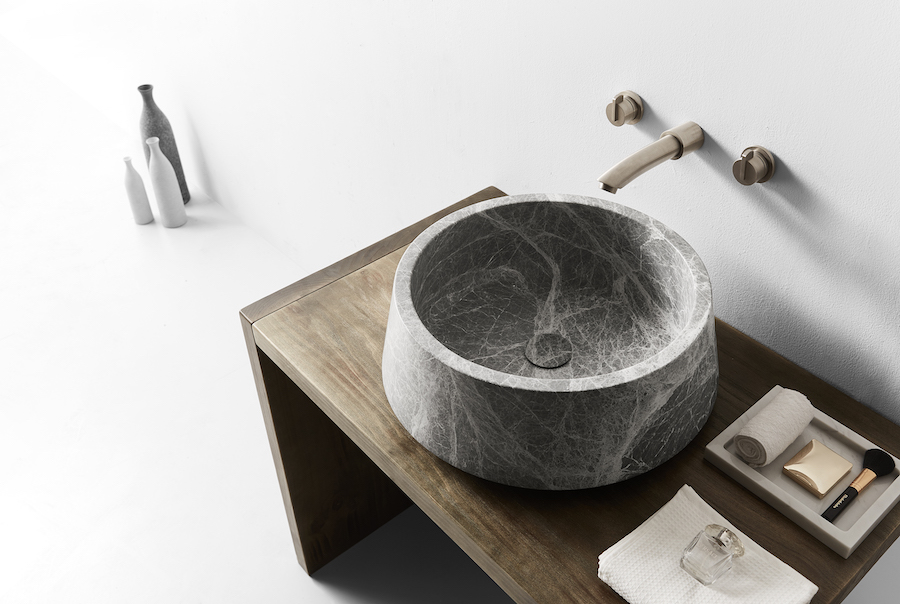
Claybrook
Dedicated to “reinventing classic British bathroom design for the 21st century,” Claybrook boasts a unique history within the stone industry. Named in tribute to a family home built by the proprietor’s great-grandmother, the British-owned, Hong Kong-based company specializes in “combining the finest materials with an innovative approach to design” while maintaining a “truly British understanding of quality and craftsmanship.”
This marriage of sensibilities takes shape in elegant stone tile, mosaics and bath fixtures — from contemporary tubs and basins to vanities and accessories — all of which are hand-crafted and hand-polished.
Thanks to their refined simplicity, Claybrook’s natural stone basins effortlessly showcase the striations of marble varieties such as Calacatta Borghini, Bianco Carrara and Lightning Grey. Intriguingly, each versatile design is imbued with a bit of personality: the rounded square “Shadow” is “redefining luxury,” the rectangular “Touch” is a “contemporary classic” and the oval “Soho” is “small but perfectly formed.”
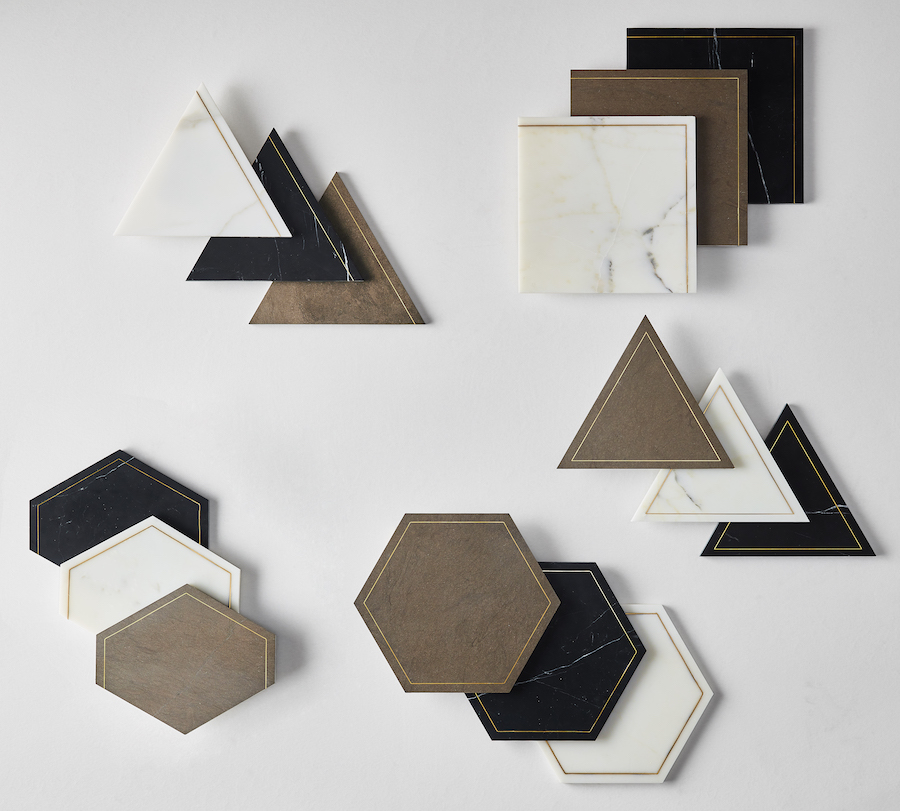
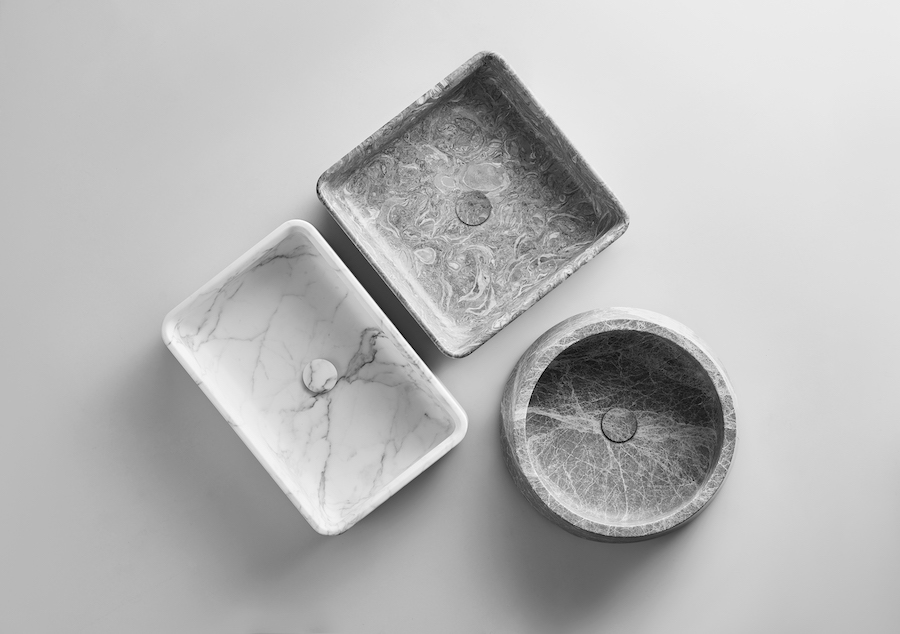
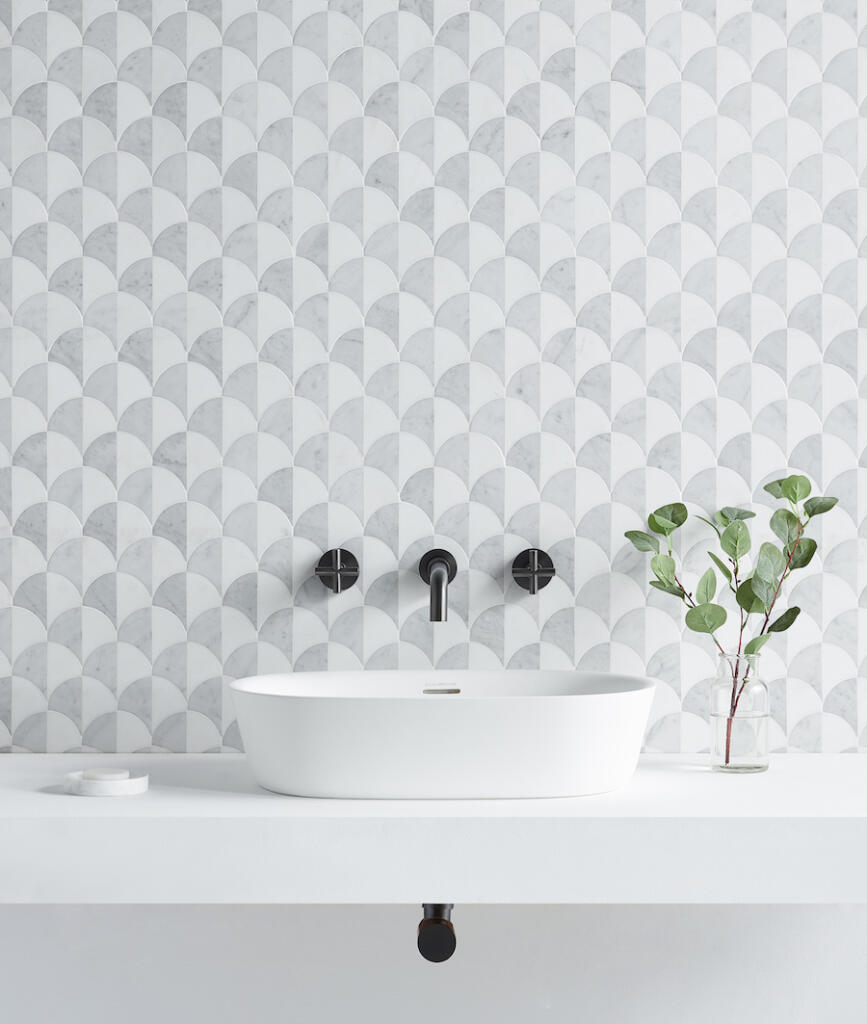
From left: the building blocks of Clayrbook’s “Glimmer” mosaic tile collection; Claybrook marble basins; a Claybrook basin and stone tile from the “Urban” collection.
Admirably, Claybrook also champions eco-friendly materials and production practices. Exemplifying its commitment to the environment, the company developed MarbleForm as a means to “reimagine the possibilities of stonecraft.” Composed of upcycled marble dust salvaged from the factory floor, the patented material is extremely durable and resistant to stains and scratches.
Quickly becoming one of its greatest hits, Claybrook’s wall-hung basin collection — which comprises four MarbleForm designs available in both natural and colorful hues — picked up several accolades last year, including Product of the Year at the Decorative Plumbing + Hardware Association Awards.
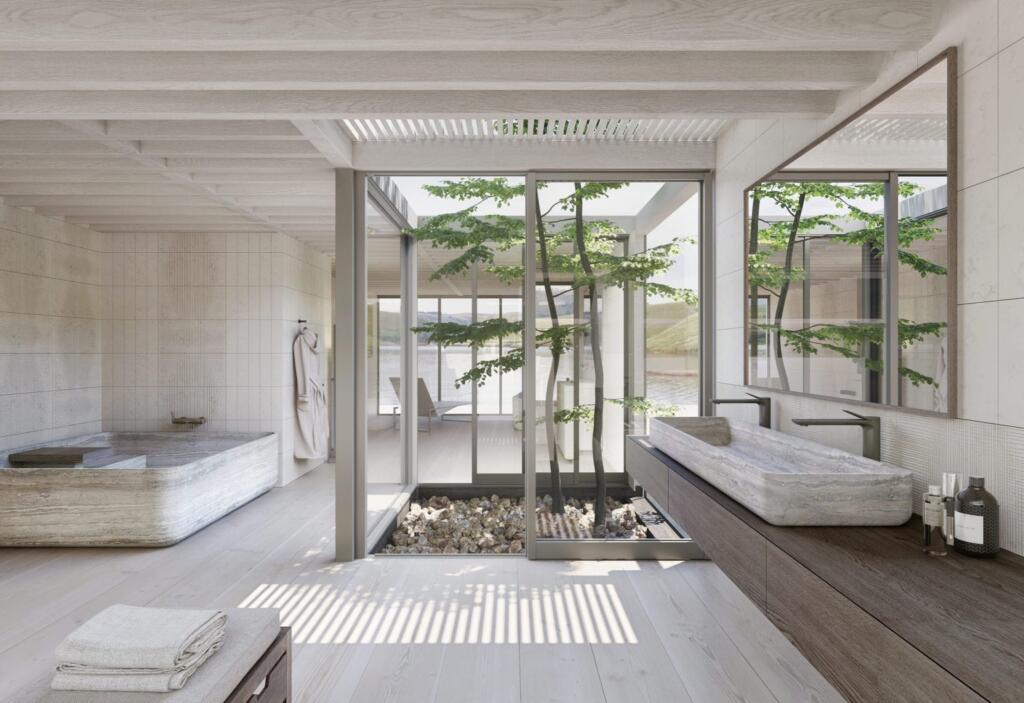
Carved lines distinguish the fixtures of Davani’s “Meridian” collection.
Davani
Co-founded by Anthony Davani and his wife Julia in 2014, the Davani Group found its footing as the U.S. distributor for the long-running Italian manufacturer Kreoo. Six years after its formation, the Davani Group (which remains dedicated to commissions and custom projects) broadened its scope via Davani — a brand that sources natural stone from more than 65 countries and fabricates exclusively in Italy. Since its 2020 launch, Davani has channeled its fascination with natural stone into timeless furniture and capsule collections created in collaboration with independent designers. While marble “in a multitude of colors” is at the forefront, Davani also works with travertine, onyx, quartzite and semi-precious stones along with ancient olive wood, petrified wood and hand-forged bronze.
“I formed Davani specifically because I saw a lot of well-known brands bringing in the same designers — and then they all start doing the same things,” Anthony Davani told Rome-based magazine Italics in 2021. Countering that industry trend, he enlisted emerging and lesser-known designers to bring his unique vision to life.
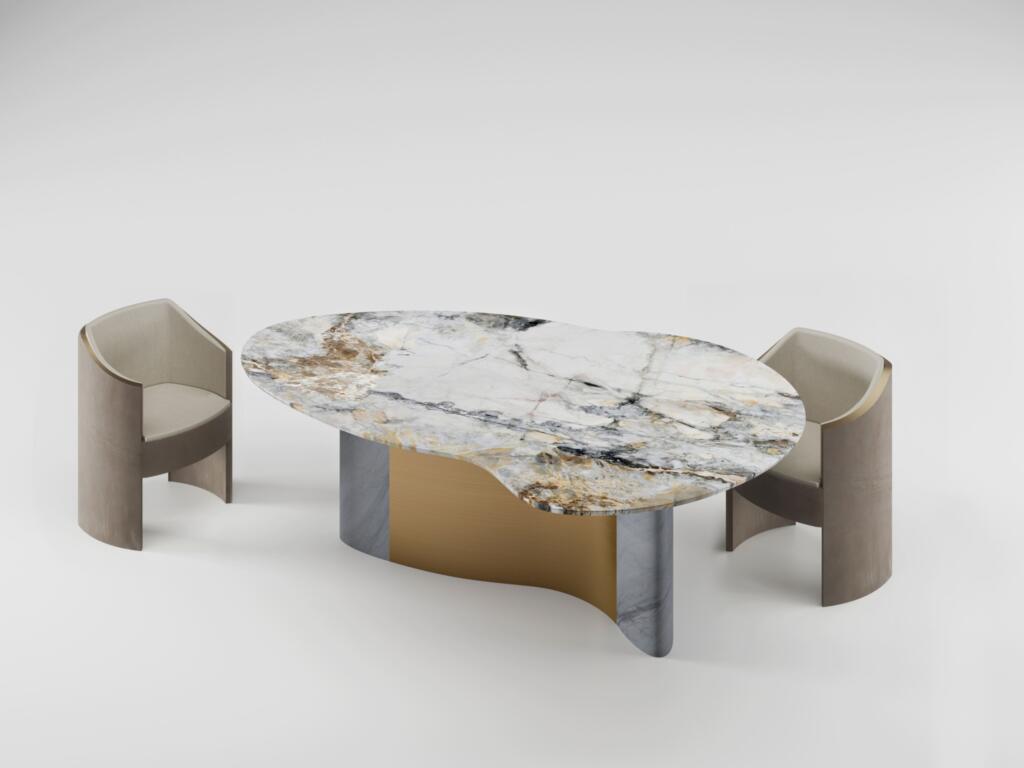
Davani’s “Vitality” dining table designed by Annysa LaMantia.
Befitting the company’s stylistic mission of “capturing the past, imagining the future and punctuating the present,” Davani’s debut collection “Purity” boldly updates the old-world elegance of travertine — a hallmark of Italian design since the Roman Empire. Designed in collaboration with Milan-based architectural designer Melanie Murata, the collection draws visual inspiration from rippling water and comprises a suite of tables — including what’s billed as “the first truly extendable luxury stone dining table.” Sparked by the return to home life ushered in by the pandemic, the 10-seat dining table is also available in a conference table version outfitted with recessed floor lighting and discreet pop-up and wireless charging for an array of devices.
Since the launch of “Purity,” Davani has continued releasing capsule collections — including “Lamé” (a series of puzzle-like nesting tables designed by New York-based INC Architecture & Design) and “Vitality” (a debut from designer Annysa LaMantia inspired by “the energy and artistry found in the veining that traverses natural stone”).
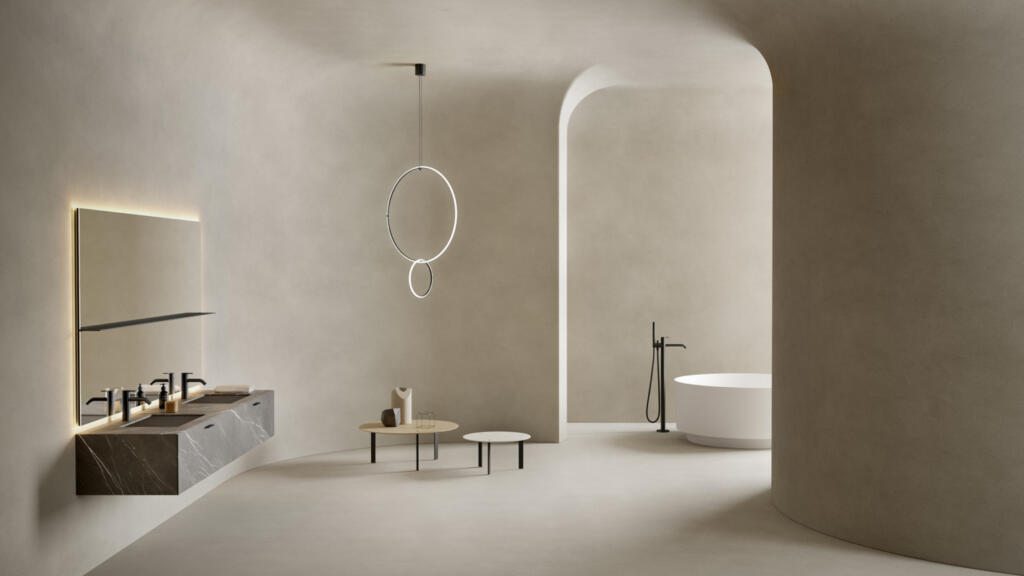
Designed by Norm Architects, Inbani’s “Grate” collection explores the interplay between light and shadow.
Inbani
Founded in 2004 and based in the Spanish port of Alicante, Inbani transforms natural stone into elegant bathroom fixtures designed to “contribute to greater personal well-being.”
Known for an aesthetic that’s simultaneously minimalist and luxurious, Inbani distributes to more than 40 countries around the world and maintains a strong presence at international design fairs including ISH Frankfurt and Salone del Mobile Milan.
In addition to working with a talented in-house design team, Inbani collaborates with a curated assortment of global designers on signature collections — several of which have garnered notable awards.
In 2015, the company took home a prestigious Red Dot award for Design Innovation for “Fluent” — a graphic, linear collection created in collaboration with Israeli-born designer, filmmaker and photographer Arik Levy.
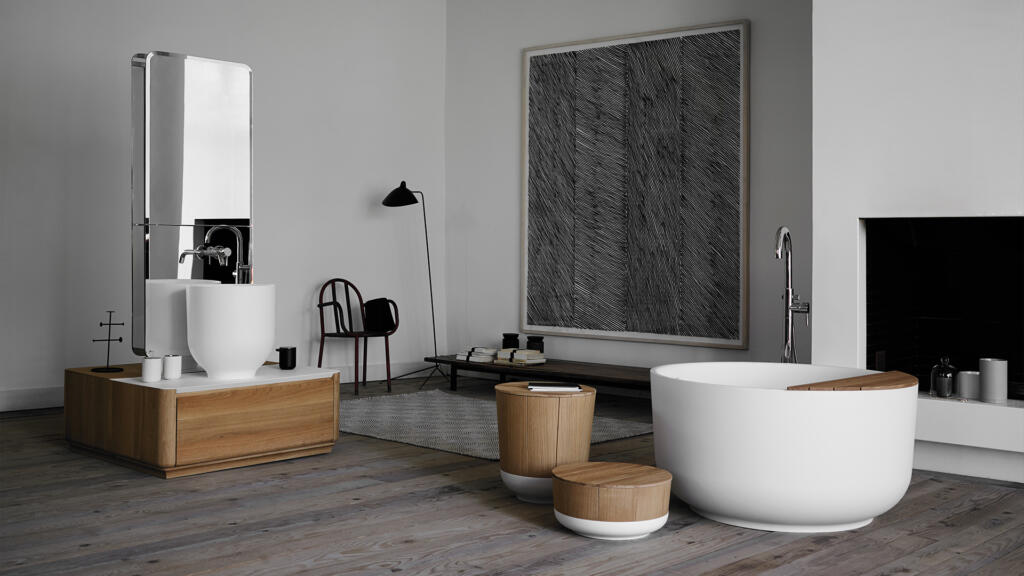
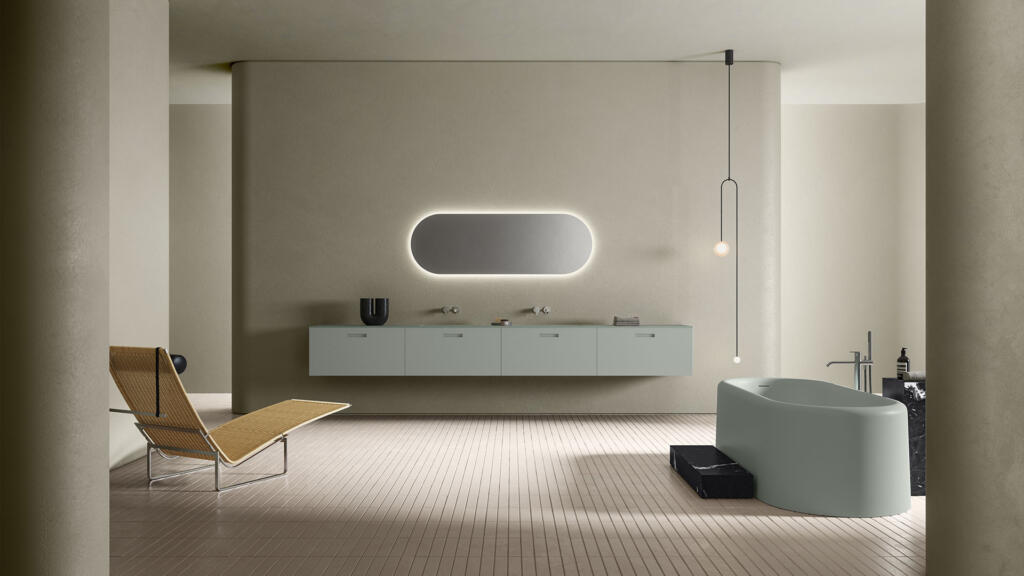
From left: Inbani’s “Origin” collection (designed by Seung-Yong Song) and “Ease” collection (designed by Note).
Two years later, Inbani earned a Design Plus award for “Origin” — for which Korean designer Seung-Yong Song fused Asian and European sensibilities into a sleek suite of bathroom fixtures.
More recently, the Spanish stone enthusiasts have been making waves with bathroom — and even bedroom — furniture collections such as “Grate” (a collaboration with Copenhagen-based Norm Architects); “Heritage” (French designer Patrick Norguet’s contemporary take on Greek columns and other hallmarks of antiquity); and “Ease” (Stockholm-based Note design studio’s creative ode to joy and relaxation).
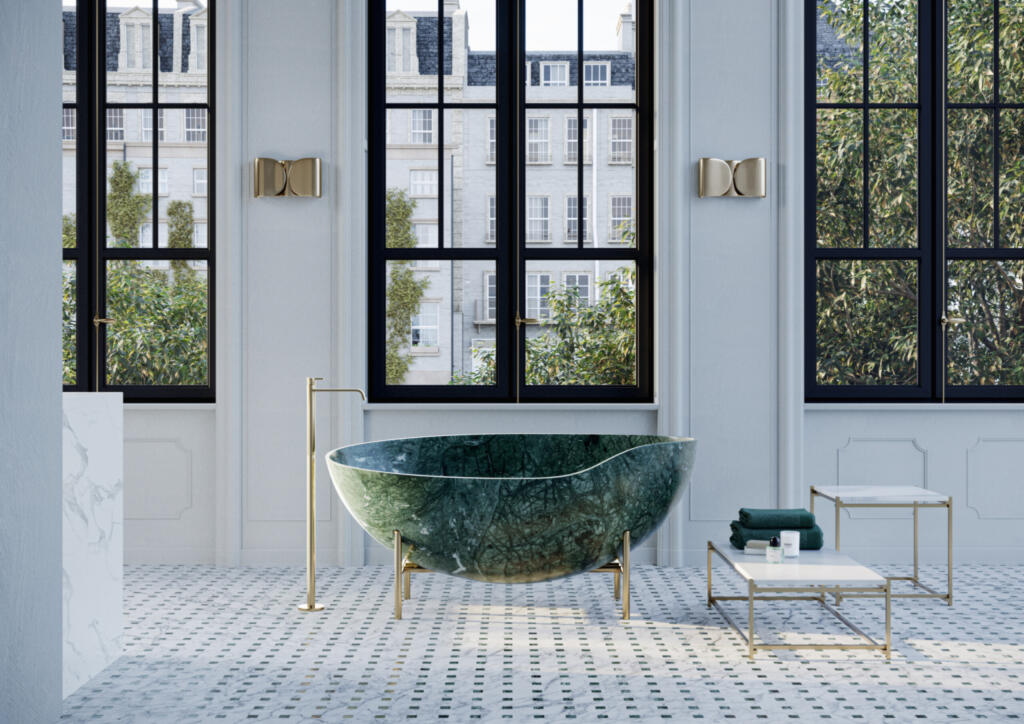
Kreoo’s luxurious “Kora” tub is available in eight distinctive marble finishes including Artik Green.
Kreoo
Launched in 2010 under the umbrella of the pioneering Italian company Decomarmi — which has been celebrating “the art and craft of marble since 1963” — Kreoo takes its name from the Greek word kraino (to create). Though its moniker nods to the classical statues of Ancient Greece, Kreoo takes a decidedly contemporary approach to designing marble coverings, bathroom fixtures, tables, chairs and lighting.
In collaboration with an array of renowned designers — including Christophe Pillet, Enzo Berti, Marco Piva, Matteo Nunziati, Alberto Apostoli and Sebastiano Zilio — Kreoo takes marble to exciting new heights while showcasing the material’s unpredictable characteristics.
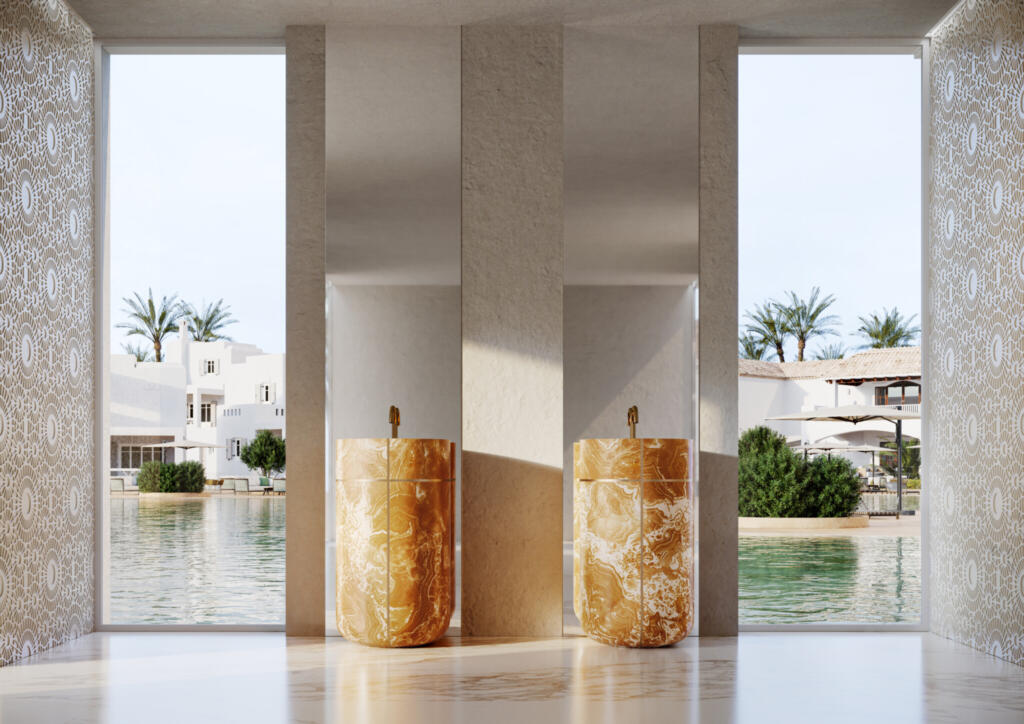
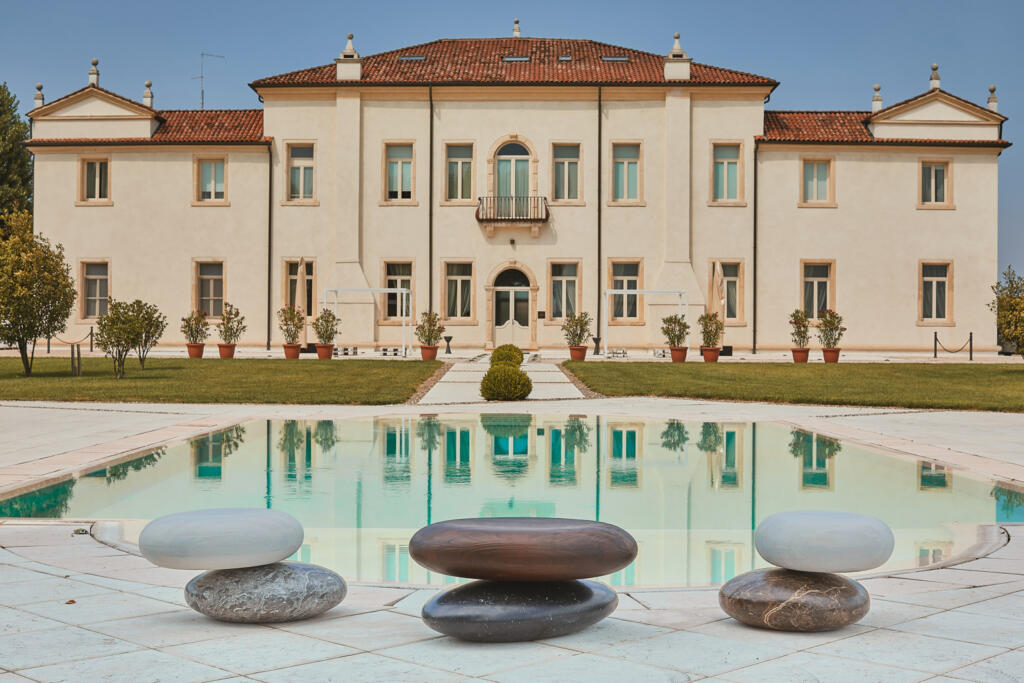
From left: Kreoo’s “Tao” washbasins and stacked-stone “Keir” seating collection.
Evidence of Kreoo’s unique take on marble — to the tune of more than 30 exquisite varieties — can be seen in designer Enzo Berti’s sculptural “Kora” and “Kalypso” bathtubs; Marco Piva’s bold, cylindrical “Tao” freestanding washbasins; Berti’s zen-like “Keir” collection of stacked stone seating and coffee tables; and the gorgeous “Ducale” suite of coverings, which brings Murano glass, brass and semi-precious stones to the luxurious marble mix.
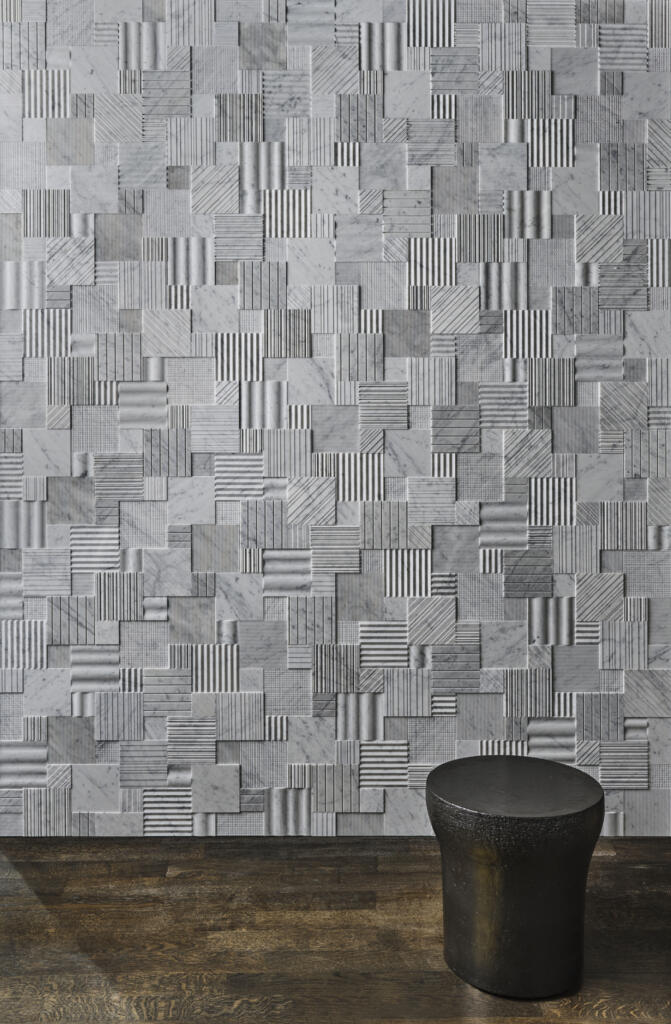
Salvatori’s eco-friendly “Patchwork” textured stone surface designed by Piero Lissoni.
Salvatori
Established in 1940s-era Tuscany as a small marble business, Salvatori is now an undisputed icon in the realm of natural stone surfaces, bathroom fixtures, furniture, accessories and lighting. Helmed by third-generation family members Gabriele Salvatori and his brother Guido, the Italian company proudly maintains “a deep-rooted passion and respect for the inherent beauty of natural stone and its defining characteristic: that no two pieces can ever be identical, meaning that every single product has its own unique history.”
Masters of fusing old-world craftsmanship and forward-thinking design practices, Salvatori has been an industry innovator from the get-go, spanning from the 1950 invention of the beautifully textured split-face finish spaccatello to the 2010 creation of the recycled stone composite Lithoverde and points beyond.
Although the company boasts a long history of collaborating with Italian and international designers — Piero Lissoni, Elisa Ossino, John Pawson and Yabu Pushelberg among them — its creative output is consistently on-brand and often instantly recognizable as Salvatori. One key reason for that design continuity is a steadfast approach based on “clean lines and pared-back forms that showcase the material itself.”
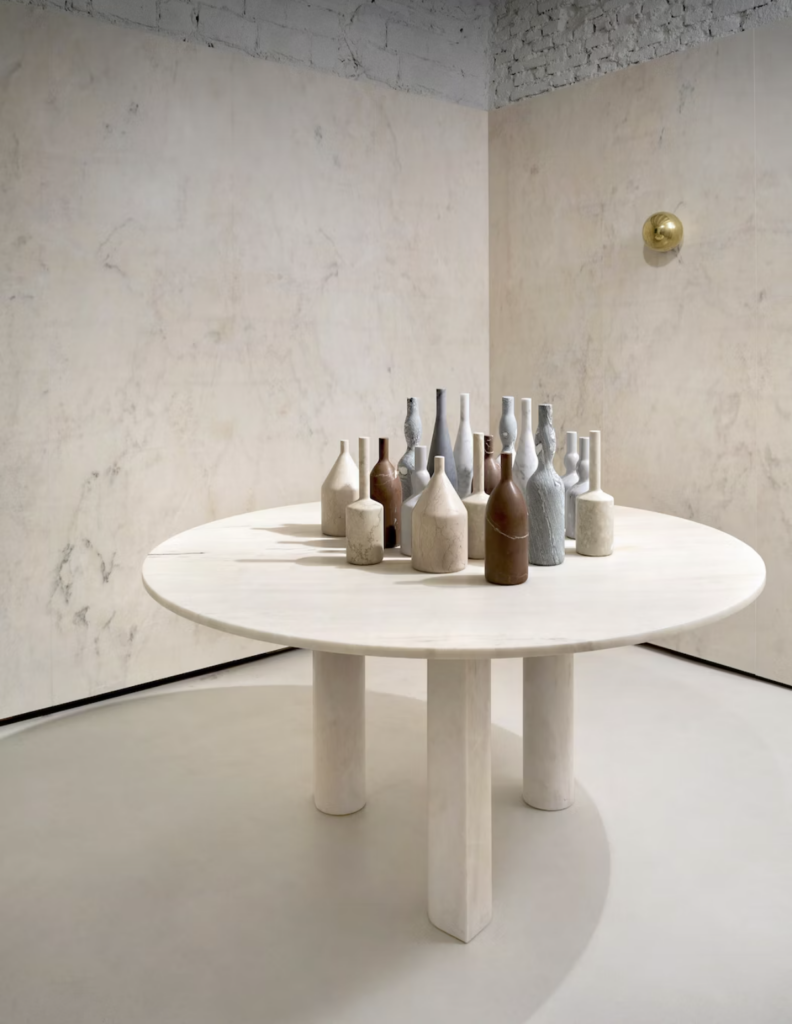
Salvatori’s timeless “Love Me, Love Me Not” dining table designed by Michael Anastassiades.
Shining examples of these partnerships including such covetable marble furnishings as London-based designer Michael Anastassiades’ “Love Me, Love Me Not” dining table, Toronto/New York-based agency Yabu Pushelberg’s “Anima” bathtub and Japanese architect Kengo Kuma’s “Isbiburo” washbasin.
Furniture aside, Salvatori is a trusted source for exquisite stone surfaces, which grace the floors and walls of many prestigious addresses, including the Armani Hotel in Milan, the Ritz-Carlton Residences in Miami, Bergdorf Goodman in New York City and the Louis Vuitton boutique in Tokyo.
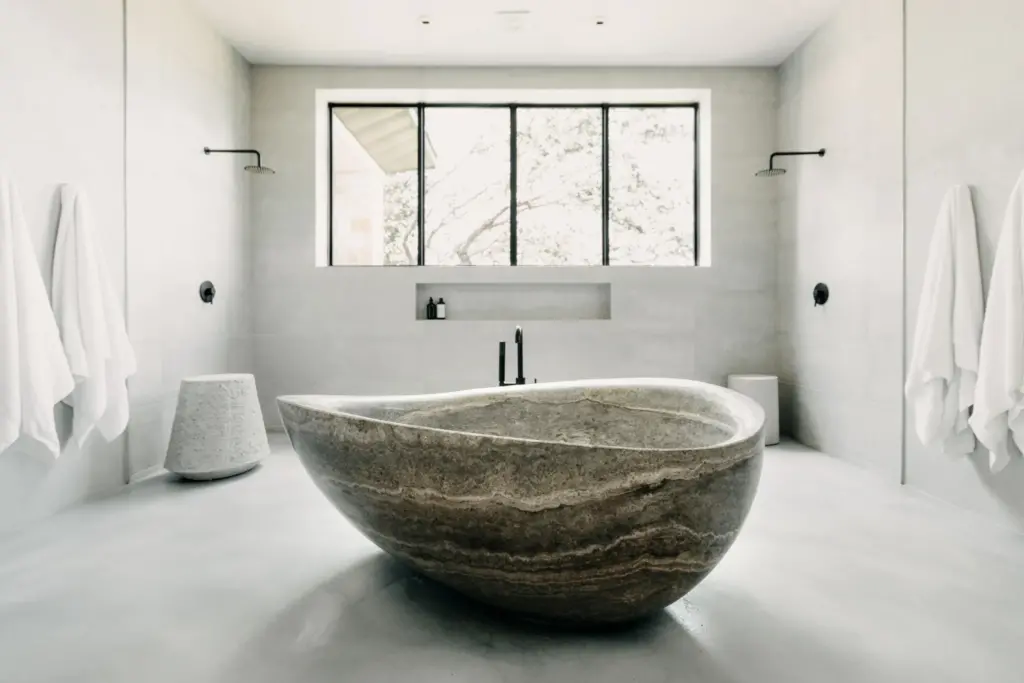
Stone Forest’s organic “Papillon” bathtub is cut from a solid block of stone.
Stone Forest
Globetrotter and outdoor enthusiast Michael Zimber founded Santa Fe-based Stone Forest in 1989 — amusingly at the request of his mother. Addressing his decade-long gig working as a climbing and river guide, she told him to “get a real job.”
Zimber recalls that mom-sparked lightbulb moment well: “If I could somehow bring what I loved about being in the wilderness into people’s homes and gardens,” he thought, “it might turn into a rewarding new direction.”
Now 34 years later, Stone Forest is billed as “a group of artisans and designers focused on bringing the elegant simplicity of natural materials into the bath and garden.” Rightfully, the company has earned an enthusiastic following with its covetable sinks, bathtubs, fountains and other creations that take cues from “nature’s blueprint” and emphasize “the quiet beauty of stone.”
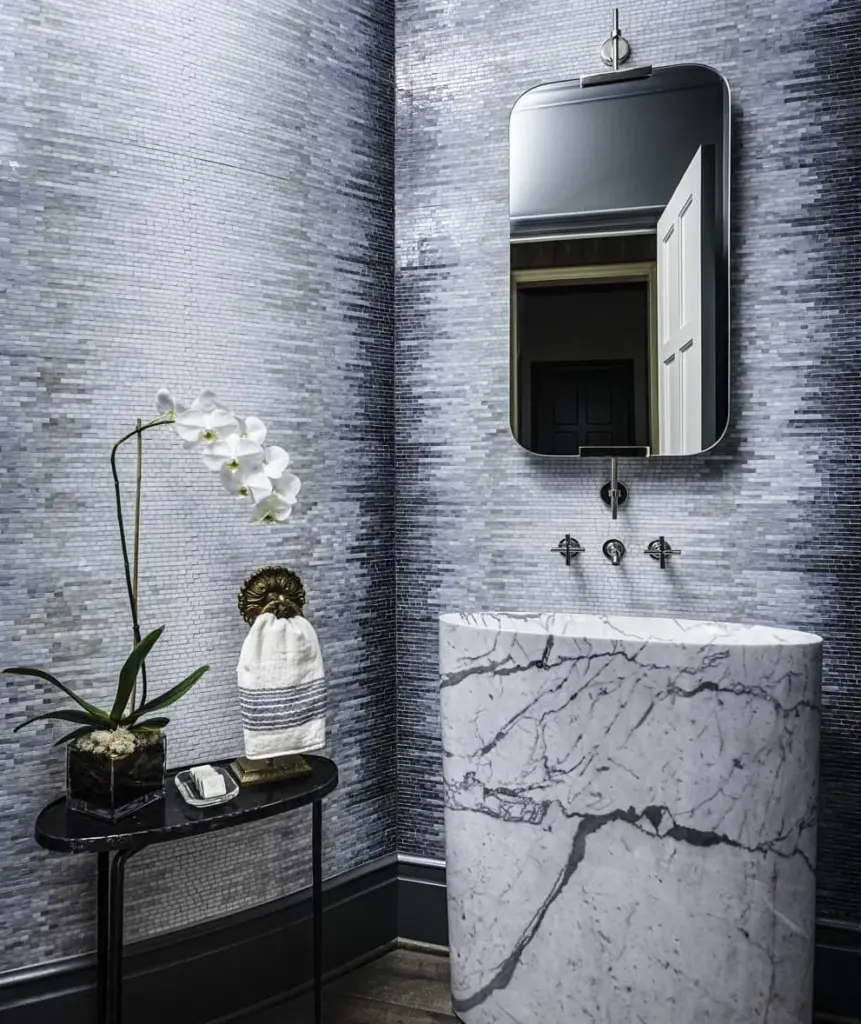
Stone Forest’s “Infinity” pedestal sink in a space designed by Castle Homes in Brentwood, Tennessee.
Regardless of its destination in the home, these fixtures are all sculpted from single blocks of stone with hammers, chisels, small diamond saws and hand-held polishing tools. Whether working with granite, marble, limestone, travertine, sandstone or onyx, Stone Forest champions these artisanal techniques over machining — celebrating the “individual fingerprints of nature, such as anomalies in the form of areas of enhanced coloration and unusual veining and swirls of color in the stone.”
In addition to standalone fixtures, Stone Forest has developed a customizable collection dubbed “Elemental.” Beloved for its adaptable nature, “Elemental” allows for seemingly endless possibilities based around the key components of stone sinks, wood drawers, steel or wood shelving, and brass legs with knurled fittings. Befitting vanities and storage solutions alike, “Elemental” components can be configured to complement contemporary, transitional or minimal decor.
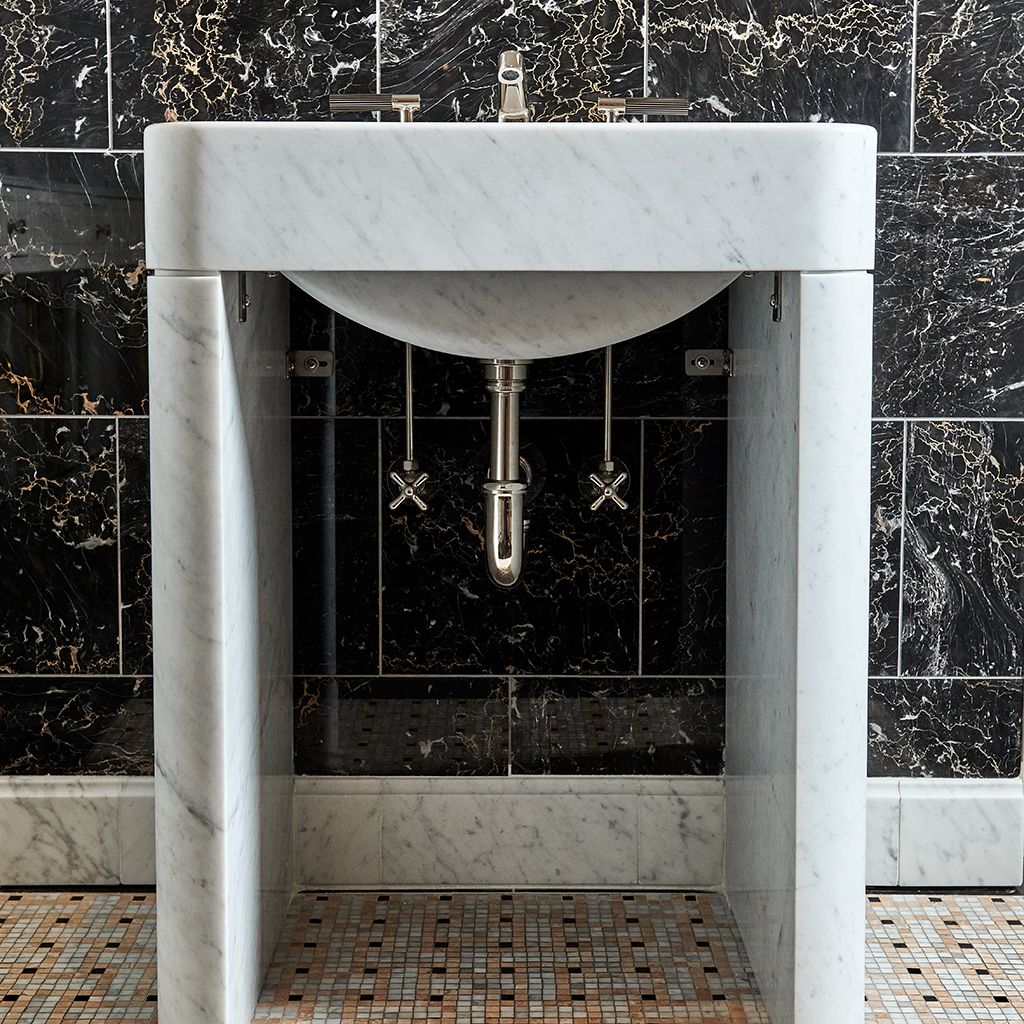
Waterworks’ marble “Beekman” washstand.
Waterworks
Cofounded by Barbara and Robert Sallick in 1978, Connecticut-based Waterworks has evolved from a luxury bath and kitchen design company into a globally recognized lifestyle brand. Proof of the company’s wide-reaching influence can be seen everywhere from fixtures in high-end hotels around the world to Barbara Sallick’s beautifully photographed Rizzoli coffee table books The Perfect Bath (2016), The Perfect Kitchen (2020) and The Ultimate Bath (2022).
Although arguably known best for luxury plumbing fixtures inspired by historical and industrial styles — “Henry,” “Highgate,” “Ludlow” and “R.W. Atlas” among them — Waterworks also sources Tuscan marble and other natural stone for the production of tile, mosaics, sinks and slabs.
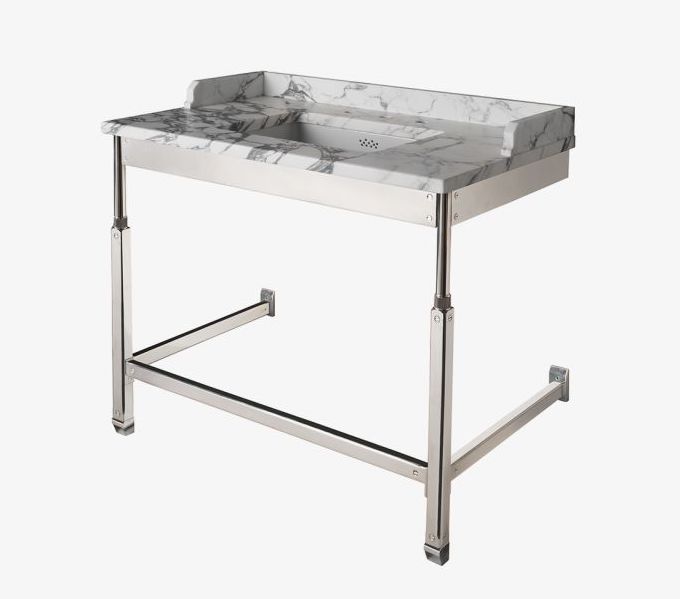
Shining examples of this corner of the Waterworks universe can be seen in the elegant marble slabs that top stylish vanities and the sleek washstands that enhance many of the company’s signature collections.
